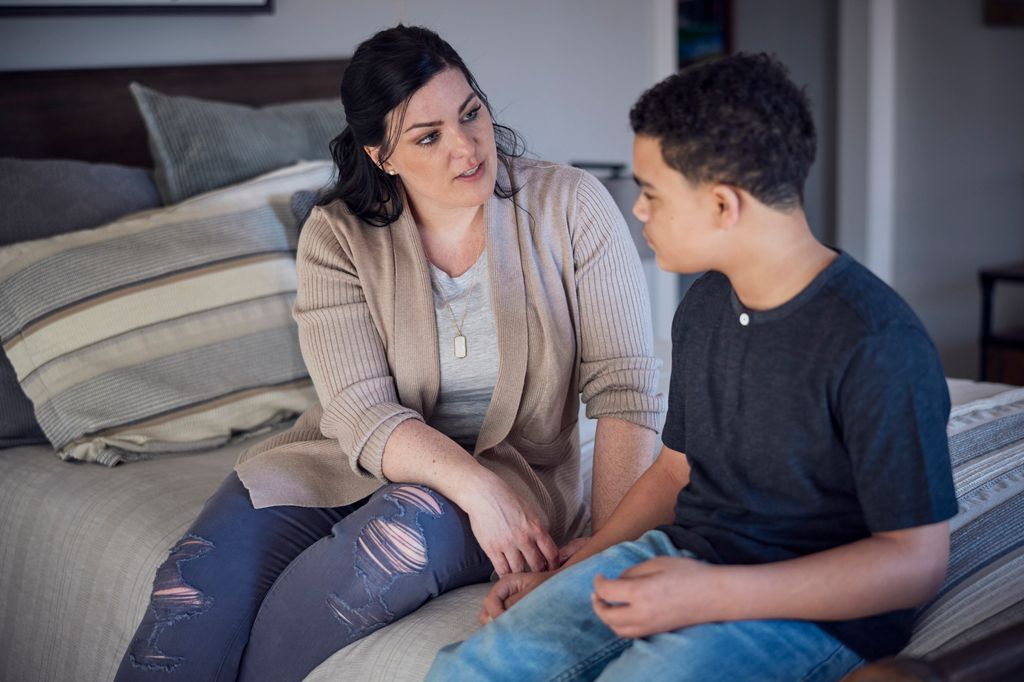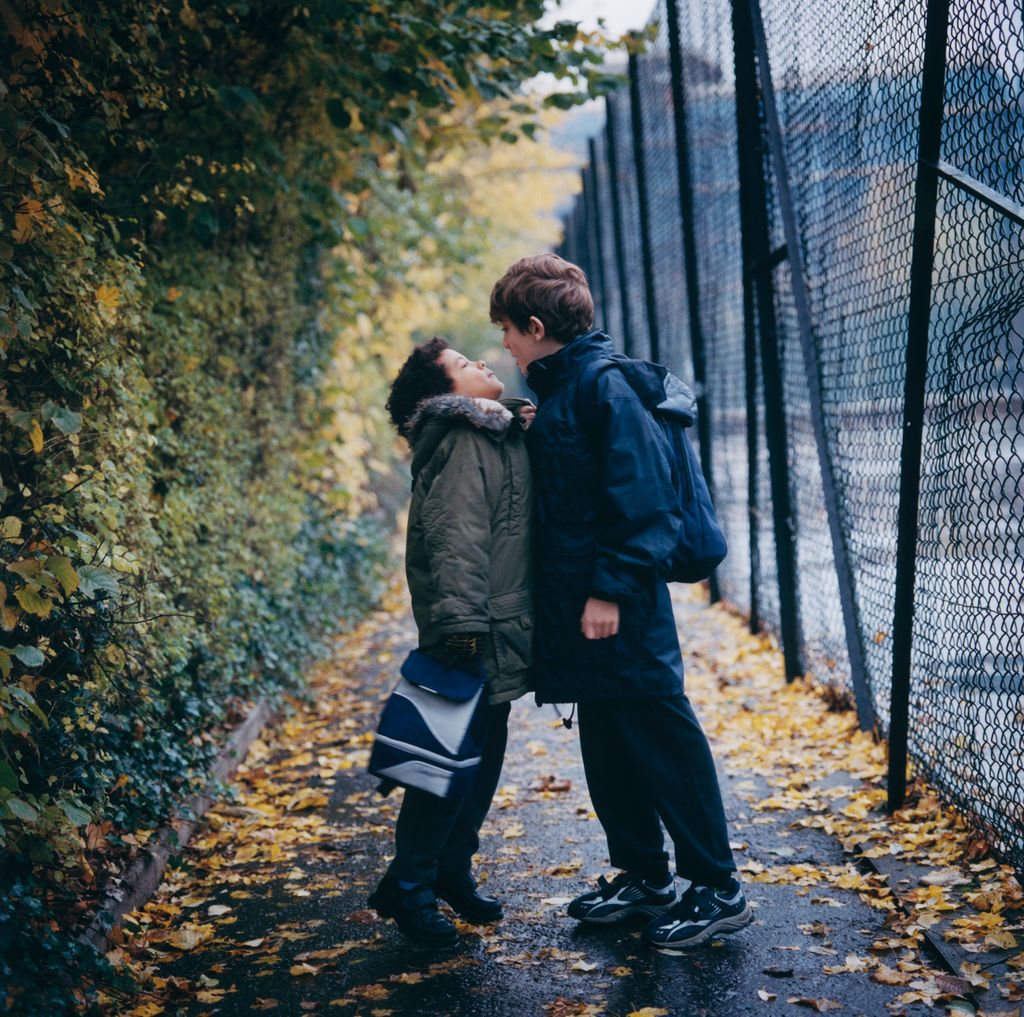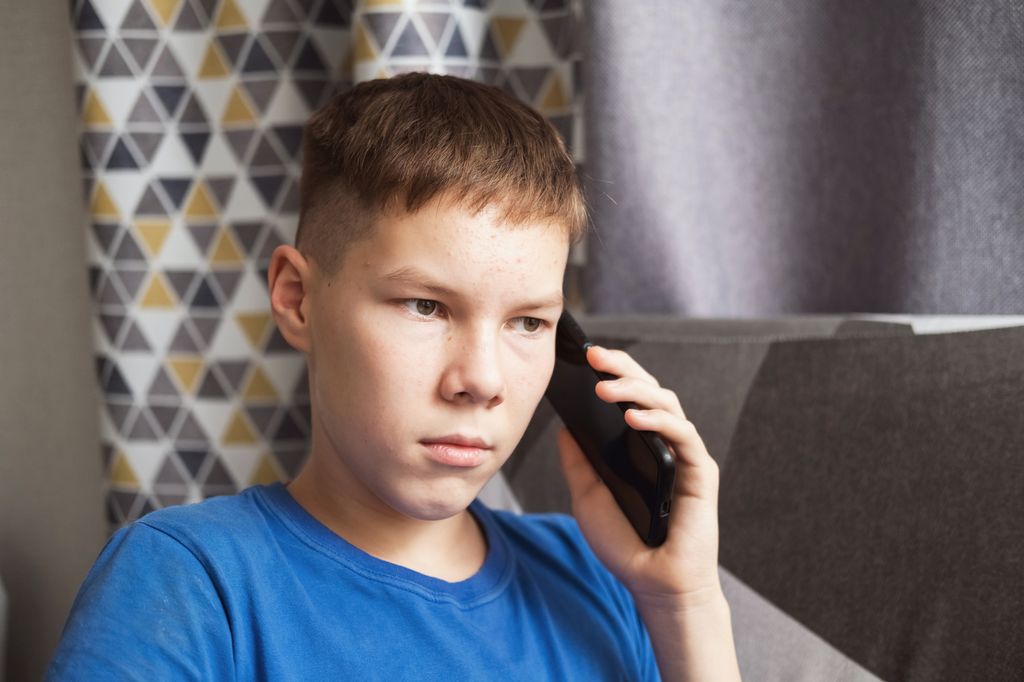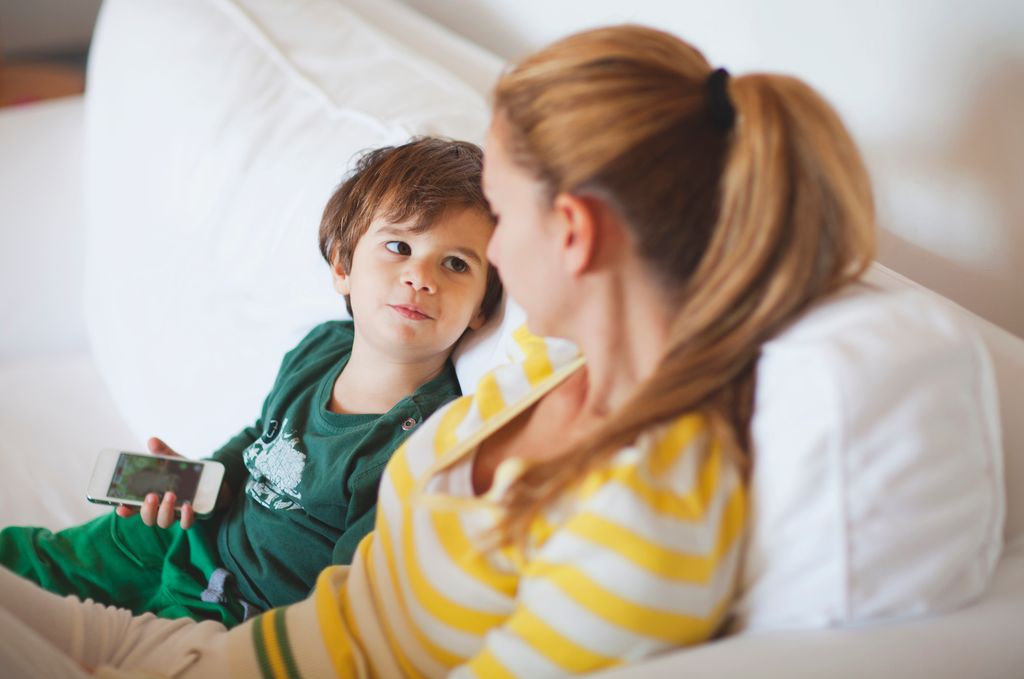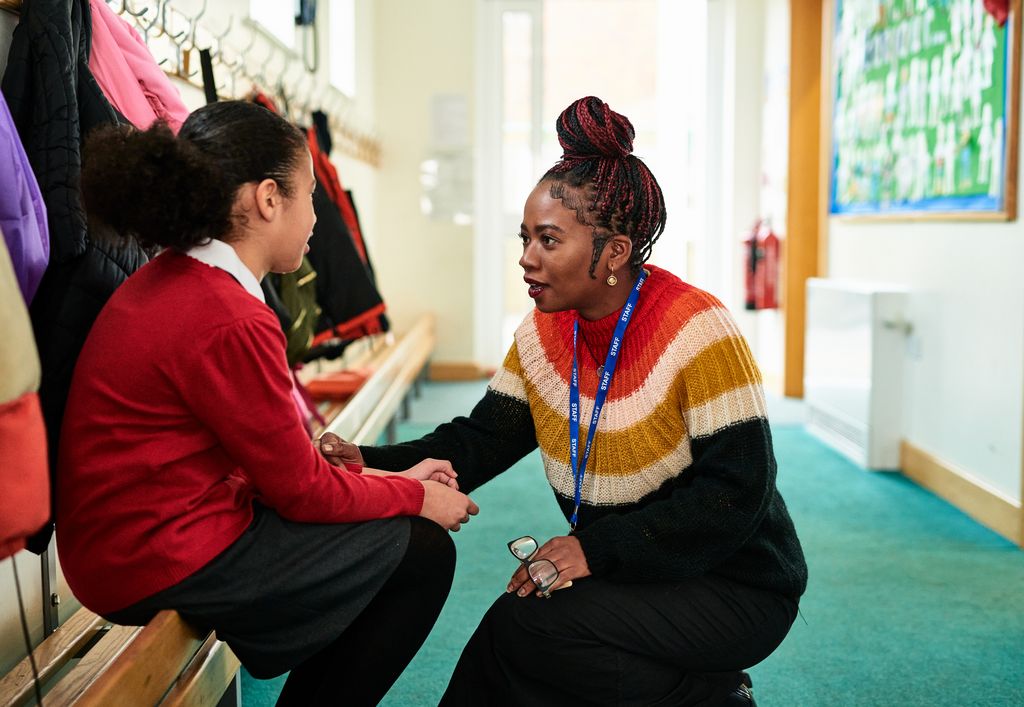Learning your child is being bullied is every parent's worst nightmare. And yet, there are many signs that go unnoticed when it comes to a child suffering bullying either in person or online.
Though all well-intentioned parents hope their children can confide in them in a time of need, many children feel silenced by the bullying they are experiencing at the hands of their peers and even the most attentive of parents can miss subtle signs that their child is experiencing a rough time.
This Anti-Bullying Week, HELLO! spoke to Charlotte Gater, Head of Education at Explore Learning, who offered expert advice for parents around spotting these often missed signs that their child is being bullied.
Why might a child hide that they are being bullied?
Parents may be surprised that their child is trying to conceal their experiences but this isn't uncommon. Charlotte explains why. "Your child may be embarrassed that they are being bullied," she says. "They're likely to be scared about any consequences of telling you [in case] the bullying gets worse.
"Children can worry about you too. They don’t want to burden you so keep quiet. Ultimately, they may think that nothing can change their situation."
Physical symptoms
If asked to envision a child being bullied at school or by their peers, many of us will picture physical giveaways. Charlotte says parents might spot unexplained injuries or bruises.
However, the emotional toll of bullying can take a toll on the body, she says. Charlotte tells us: "Bullying isn't just physical so you may observe weight loss or gain from changes in eating habits or dark circles under their eyes from lack of sleep."
Emotional signs
Even if a child isn't bearing any physical signs like cuts or bruises, there are manifestations of the emotional impact of bullying that parents should be aware of. "A common sign is children not wanting to go to school and presenting as being ill to avoid attending," Charlotte explains.
"This is not always going to be because of bullying, but it could be the root cause. The illness could be made up or anxiety caused by being bullied could result in actual sickness."
The education expert also says that the emotional toll of being bullied can affect a child's behaviour.
"Have they always been confident and now they've become withdrawn? Would they tell you about school or friendship groups and now they change the subject? Do they get nervous or angry when you bring up the subject?," Charlotte says, reminding parents of rhetorical questions they can ask themselves when considering concerning shifts in their child's behaviour.
How can you support your child?
Once a child has opened up to their parent or carer about the bullying they are experiencing, parents may feel at a loss in terms of how best to support them.
"My advice would be to tread lightly whilst reassuring them you are here to help," Charlotte advises. "Let them know you are a safe space. It may be easier for them to talk if they’re not actually looking at you. Think about low confrontation options like out on a walk or in the car as opportunities to talk."
Charlotte also explains that children should be encouraged to speak to whoever they are comfortable with - this could be a teacher or friend. She adds that pointing them in the direction of Childline is another option. "Even if it is upsetting that they don’t want to talk to you giving them some autonomy could be what they need," she says.
Protecting against cyberbullying
The online world can be a minefield for parents trying to find the balance between protecting their children from online harm and affording them the same opportunities for socialisation as their peers.
When it comes to protecting as best as possible against cyberbullying, Charlotte says: "Educate yourself on what cyberbullying is, the signs of it, and ways that your child may be hiding it. Then use this information to help empower your child.
"Do they know how to block people? Do they know who is safe to accept as friends or not? Do they know you are there to talk to?," she continues. "Include your child in the process. Don't bowl in and make any snap decisions. Involve them in the actions you are going to take."
What support should the child's school provide?
Parents can find comfort in knowing they are not alone as the child's school are duty bound to provide support.
"By law, all state schools must have a behaviour policy that includes measures to prevent bullying," Charlotte informs us. "Teachers also care about their students and don't want them to be bullied so will have pastoral support that your child can access."
DISCOVER: I'm a Childline volunteer and these are the online dangers facing our children
In terms of where to look for help, the education expert says the behaviour policies or separate anti-bullying policies are a good place to start and parents should talk to the school to see if they are following these procedures to help.

